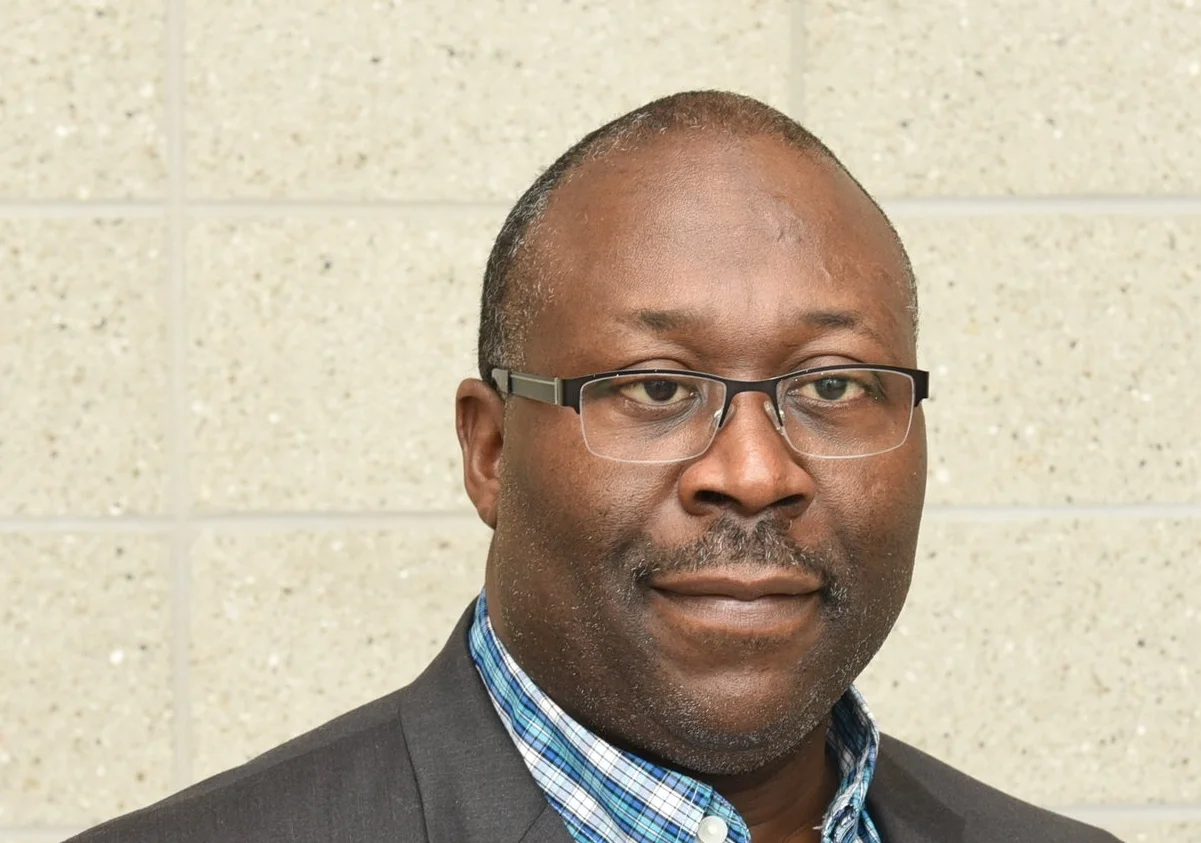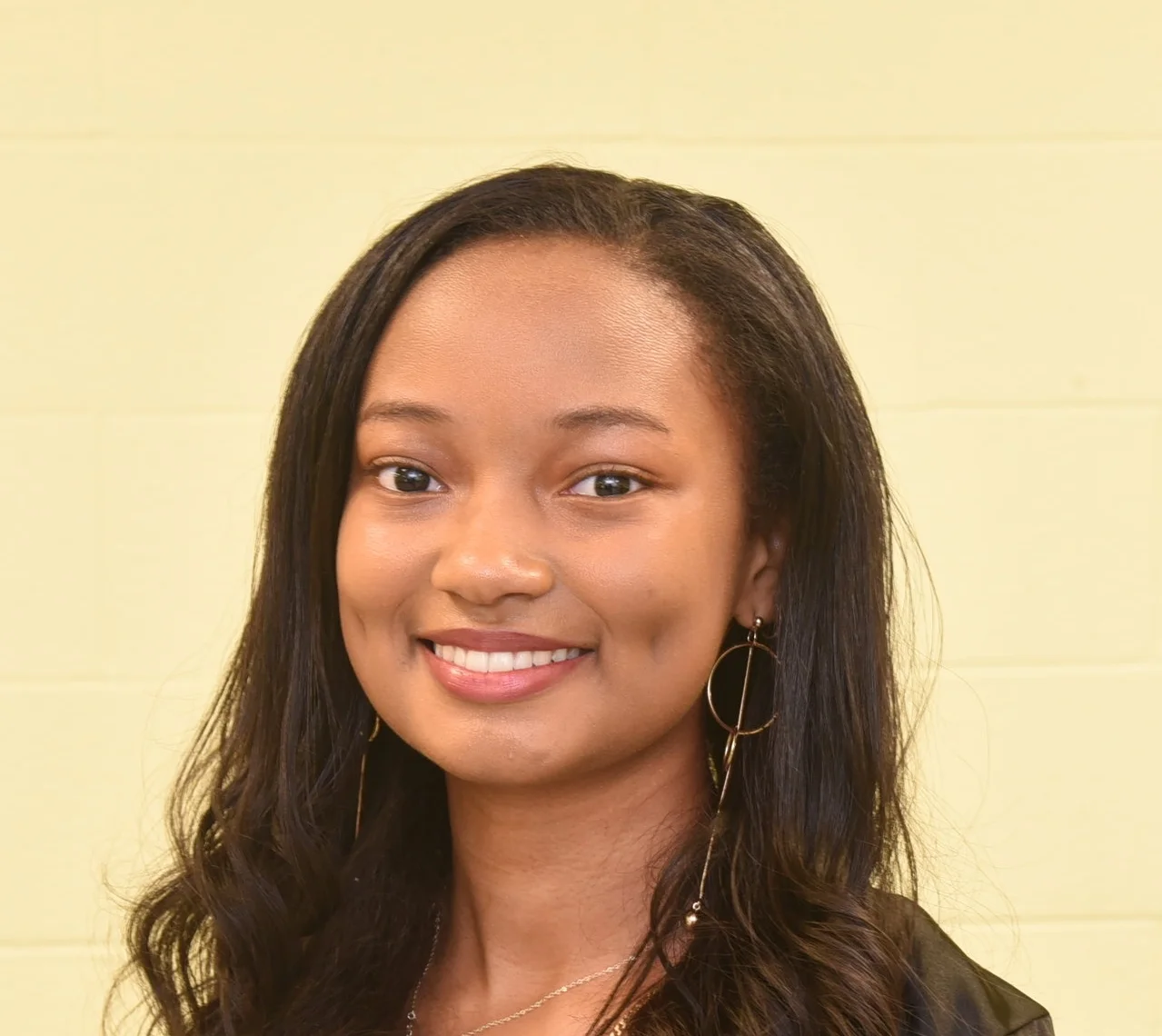Black mentors support key to Larissa Crawford's success
January 14, 2020
Dr. Lorne Foster has taught thousands of students in his 14 years at York University.
For the distinguished academic to say that Larissa Crawford, who graduated in 2018 with a Bachelor of Arts degree, is the most advanced student he has even interacted with on campus, is a remarkable compliment for the young mother who contributed significantly to the university through her leadership initiatives, student fellowship and community vision.
Of Metis and Jamaican heritage, she completed a double major in International Development & Communication Studies at York, the Access to Law & Learning Program at Osgoode Hall Law School and spent two semesters during her second year in Turkey as an Academic Exchange Student.
With York University undertaking a student census to capture race and ethnic data for the first time, Crawford initiated a methodology for the project, utilizing models used by other universities that have engaged in this process.
She also solicited senior management and obtained meetings with them to talk about the benefits and virtues of knowing who attends the university.
Pregnant in her third year, Crawford completed her degree on time with honours. Her daughter, Zyra, was on her hip at the graduation ceremony.
Accompanied by her baby, Larissa Crawford receives her degree from Vice-Chancellor Greg Sorbara (Photo by Nicole Glassman)
“Over the course of her undergraduate career, Larissa epitomized the socially conscious student who took skills developed in the York classroom and gave them real world application,” said Foster who is the Director of the Institute for Social Research School of Public Policy and Administration Department of Equity Studies. “As a result, she’s one of those rare individuals who seamlessly blends enterprise and social justice perspectives in a way that continually informs her professional development in the area of Canadian public policy.
“She brought together the best of academic training with community engagement in a way that contributed significantly to both the academy and the York community. Her emotional intelligence, communication skills and empathy necessary for effective relationships with her fellow students, colleagues, teachers and the university and wider communities, provide a critical foundation for continued leadership advancement. Tenacious and a hard worker, she’s advanced in her years as a scholar and thinker.”
Crawford met Foster for the first time three years ago at a Race Inclusion & Supportive Environments (RISE) event. The organization was established in 2016 to enhance York University community’s ability to bring issues of race and racism to the forefront of conversations on campus.
Foster chaired RISE that reports to the President’s Advisory Committee on Human Rights.
“I was fascinated by the work Lorne was doing and I approached him asking, ‘How can I support you in what you are doing’?” she recalled.
Crawford joined the committee and, after six months, volunteered to spearhead the race-based data collection initiative.
“At the time, I didn’t realize how big a role it was, but Lorne really pointed me in the right direction in terms of getting me well-versed in anti-racism and critical race theory,” she said. “He and Yvonne Simpson (a PhD student) really supported me in my learning.”
Foster and Simpson were Crawford’s first Black mentors.
Larissa Crawford with her first black mentors, Lorne Foster & Yvonne Simpson
Raised by a single Metis mother, the eldest of three siblings grew up in Southern Alberta before coming to Toronto to attend university.
“I worked for about 20 hours a week on the race-based project and most of that time was spent doing research and connecting with Lorne and Yvonne, trying to understand racism from a systemic level and how research can inform policy and organizational mechanisms,” she pointed out.
Foster was instrumental in making key connections for Crawford who funded her education through scholarships.
After graduation, she worked with the Ministry of Energy, Northern Development & Mines as an Indigenous Policy Adviser and with the Ontario Anti-Racism Directorate as an adviser.
“The main reason I got those positions was because of my work with Lorne and I could reference him as one of my closest supervisors,” the Terry Fox Humanitarian Scholar Award winner said. “At the Anti-Racism Directorate, I was leading and contributing to anti-racism training for Ontario Public Service staff. These are well established people that are much older and experienced that I am and if I ever let it be known that I was 24, I felt I lost credibility in the room and people could challenge me more. I found myself having to backtrack and having to justify why I was standing in front of them. Often times, it was when I said I was mentored by Lorne Foster, who they all are familiar with, that I sensed I gained my credibility back.”
Crawford’s leadership skills were evident at a young age.
Larissa Crawford displayed leadership skills at a young age
As a 16-year-old in high school in Lethbridge, the then student council member collected books for a library in Ghana where she spent two weeks with a female teacher and two other classmates.
“That experience triggered my passion for international education and issues,” the 2018 G7 Canadian Youth Head Delegate said. “I wanted to do international development and during my research, I found that York had the best option for international exchanges and was very highly regarded in terms of its International Development studies program.”
While at Bogazici University in Istanbul in her second year, Crawford studied International Law and worked with refugees. Back at York, she became actively involved on campus, working at the gym and forging a relationship with the York Centre for Aboriginal Student Services.
In her third year, she participated in a research project that connected her with other Black Indigenous people at York University.
“That was the first time I made such a connection and the experience was an intimate and emotional roller coaster,” Crawford said. “Coming out of that experience, I felt much more confident to assert my identity institutionally and outwardly because, growing up in Southern Alberta, I always experienced anti-Black racism. I never made it known to schoolmates and friends that I was Indigenous because of the many awful things they said about Indigenous people. That’s why my Indigenous life was separate from my school life until my third year at York. That project fostered my passion for Indigenous research and knowledge in a way that was more outward and it was at that point that I became an Indigenous anti-racist researcher.”
Just 19 with a baby at the start of her last year in university, Crawford knew there would be challenges in the coming months.
Undeterred, she met them with aplomb and bravery, taking her child to classes 12 days after birth.
“My peers were very accommodating and they loved having Zyra in the classroom,” she said. “I never felt like we were a burden. I think it helped that they were a group of progressive people in the majors I was in. It was the most feminist thing, I think, any of my professors could have done for me. Zyra slept a lot, so I was able to study and write my papers. It was hard, but we got through with support of family and friends.”
Larissa Crawford with Jamaica’s Foreign Affairs & Foreign Trade Minister Kamina Johnson-Smith
Motherhood, Crawford noted, has changed her life in several ways.
“I was always taught to think of future generations through your actions and think about communal good,” she said. “That’s how I was raised. With Zyra, those teachings became personified in a human being. Whenever I look at her, I see the future. My work around climate change and energy is driven by the recognition that if something doesn’t change, she might not have the opportunity to live past 50.”
Crawford’s partner is Colton Hunchak who she met as a 14-year-old in Alberta. Two years younger, the wide receiver played football at York University and was drafted last May by the Calgary Stampeders of the Canadian Football League.
Larissa Crawford & Colton Hunchak with their child
Since graduation, the 2019-20 Action Canada Fellow has deepened her commitment to advance equity, climate change and sustainability through Future Ancestors, a company she launched that provides training, consulting and public speaking services.
Crawford, who suffers from a chronic pain disability, plans to return to the classroom in May to pursue a Master of Science in Sustainable Energy Development at the University of Calgary, the alma mater of her mother, Solange Lalonde, who is a curriculum developer, program designer and a Moodle Education Advisor in Alberta.











